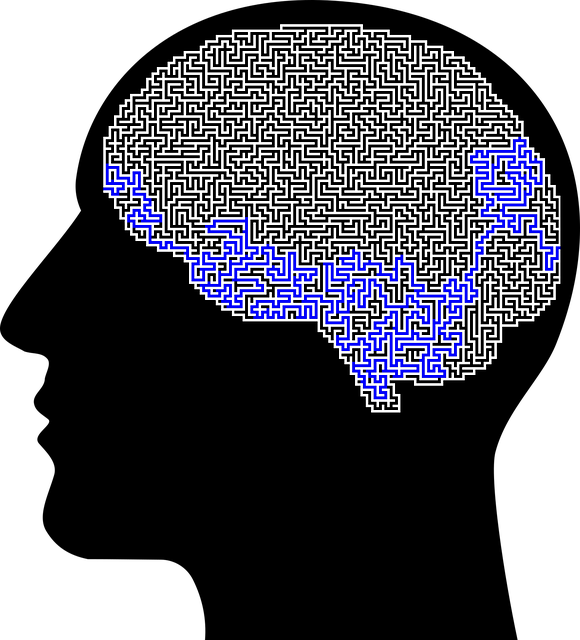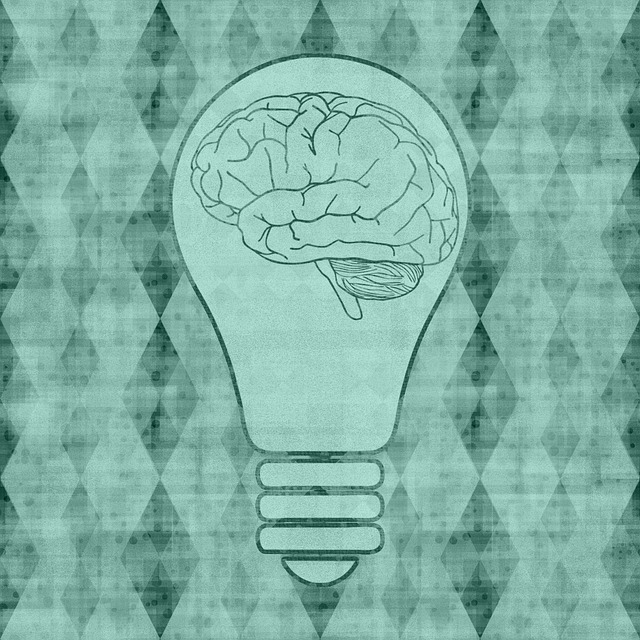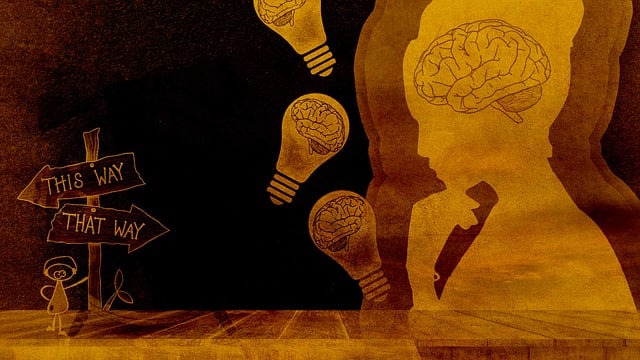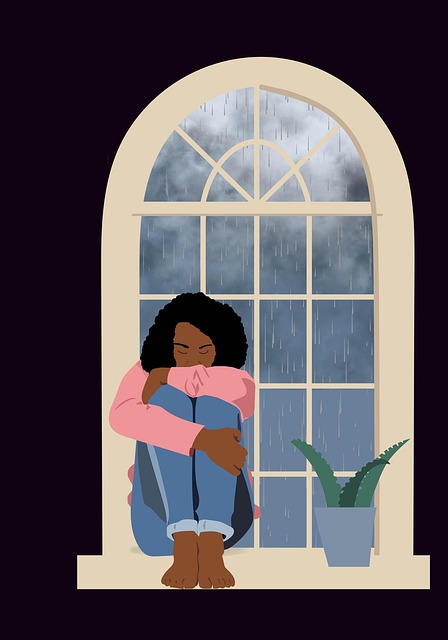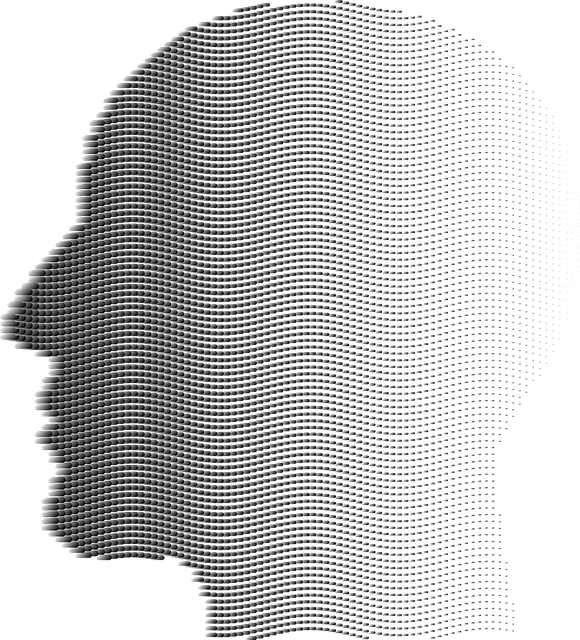Developing a mental wellness app for Young Adult Abuse Survivors requires understanding their unique trauma-related needs and barriers to support. Effective apps should offer tailored interventions, including evidence-based emotional well-being techniques, peer communities, risk management planning, and holistic education programs. Key features include personalized therapy, progress tracking, secure communication with certified therapists, cultural competency training, and sensitive handling of coping skills, mindfulness, and journaling to ensure user safety, empowerment, and healing in a discrete, convenient digital environment.
In today’s digital age, mental wellness apps offer a promising avenue for supporting individuals, particularly young adult abuse survivors. This article delves into the development of such apps, focusing on understanding the unique needs of this demographic and providing essential features tailored to their therapy. We explore therapeutic approaches that can be integrated into mobile applications, emphasizing privacy, safety, and ethical considerations crucial for fostering trust in mental health app development. By leveraging technology, we aim to enhance access to effective therapy for young adults facing abuse-related trauma.
- Understanding the Target Audience: Young Adult Abuse Survivors
- Essential Features for a Therapy App
- Therapeutic Approaches and Integration in Mobile Applications
- Privacy, Safety, and Ethical Considerations in Mental Health App Development
Understanding the Target Audience: Young Adult Abuse Survivors

Developing a mental wellness app tailored to Young Adult Abuse Survivors requires a deep understanding of their unique needs and challenges. This demographic often faces complex issues stemming from past traumatic experiences, which can impact their present emotional well-being and mental health. By focusing on Therapy for Young Adults Abuse Survivors, app developers can create targeted interventions that address specific barriers these individuals encounter when seeking support.
Effective apps should incorporate evidence-based Emotional Well-being Promotion Techniques tailored to the survivor’s journey. This might include features like safe space journaling, guided mindfulness exercises, and peer support communities. Additionally, integrating Risk Management Planning for Mental Health Professionals can ensure user safety while encouraging vulnerability. Through thoughtful design, these elements can contribute to a holistic Mental Health Education Programs experience, empowering survivors with tools to navigate their healing process.
Essential Features for a Therapy App

When developing a therapy app aimed at young adults who have survived abuse, several essential features should be incorporated to ensure its effectiveness and appeal. Firstly, mental health education programs designed specifically for this demographic can empower users with knowledge about trauma recovery and self-care practices. Interactive modules that cover topics like emotional regulation, coping strategies, and building inner strength can foster a sense of agency and resilience among survivors.
Additionally, the app should offer personalized therapy sessions tailored to individual needs. Incorporating features for tracking progress, setting achievable goals, and promoting positive thinking can enhance motivation and engagement. Safe and secure communication channels, including chat or video call options with certified therapists, are crucial for fostering trust and providing immediate support. By integrating these elements, the therapy app can create a comprehensive and supportive environment for young adults to heal and thrive.
Therapeutic Approaches and Integration in Mobile Applications

Mobile applications are transforming the way therapy and mental wellness support is delivered, making professional help more accessible, particularly for young adults who may face challenges in seeking traditional treatment. The integration of therapeutic approaches within apps offers a discrete and convenient option for abuse survivors to process their experiences and work towards healing. One promising method gaining traction is compassion cultivation—a practice that encourages users to cultivate self-compassion and empathy, which can be crucial for trauma recovery.
By incorporating features like guided meditations, mindfulness exercises, and peer support communities, mental wellness apps cater to the diverse needs of young adults. These tools not only aid in stress reduction but also promote better coping mechanisms. Moreover, app developers are increasingly recognizing the importance of healthcare provider cultural competency training to ensure that these digital interventions are sensitive to the unique experiences of survivors from diverse backgrounds. This approach aligns with the broader goal of burnout prevention, as it equips both therapists and clients with the resources needed to navigate therapy in a modern, technology-driven landscape.
Privacy, Safety, and Ethical Considerations in Mental Health App Development

Privacy, safety, and ethical considerations are paramount in mental health app development, especially when catering to vulnerable populations like young adults and abuse survivors. These individuals often share sensitive personal information within therapeutic contexts, making data protection crucial. Developers must implement robust encryption methods and secure storage practices to safeguard user data from unauthorized access or breaches. Transparency regarding data collection, usage, and sharing policies is essential for building trust with users.
Additionally, ensuring the safety of features like chat functionality, voice notes, or journaling sections is vital. Moderation systems should be in place to detect and prevent any abusive or inappropriate content generated within these platforms. Incorporating coping skills development resources, emotional regulation techniques, and mindfulness meditation exercises can empower users but must be designed with sensitivity, cultural awareness, and evidence-based practices to avoid potential harm or misdirection.
The development of mental wellness apps, with a specific focus on providing therapy for young adult abuse survivors, offers a promising approach to enhancing access to care. By understanding the unique needs and challenges faced by this target audience, app developers can create effective tools that integrate therapeutic practices into the digital realm. Essential features, such as personalized content, secure communication, and adaptive feedback mechanisms, ensure engaging and safe experiences. Additionally, exploring innovative therapeutic models within mobile applications expands the reach of mental health support, catering to individuals who may prefer or require alternative treatment options. As we navigate the ethical landscape of digital therapy, prioritizing privacy, safety, and consent is paramount to fostering trust and ensuring positive outcomes for young adult abuse survivors seeking healing through technology.

